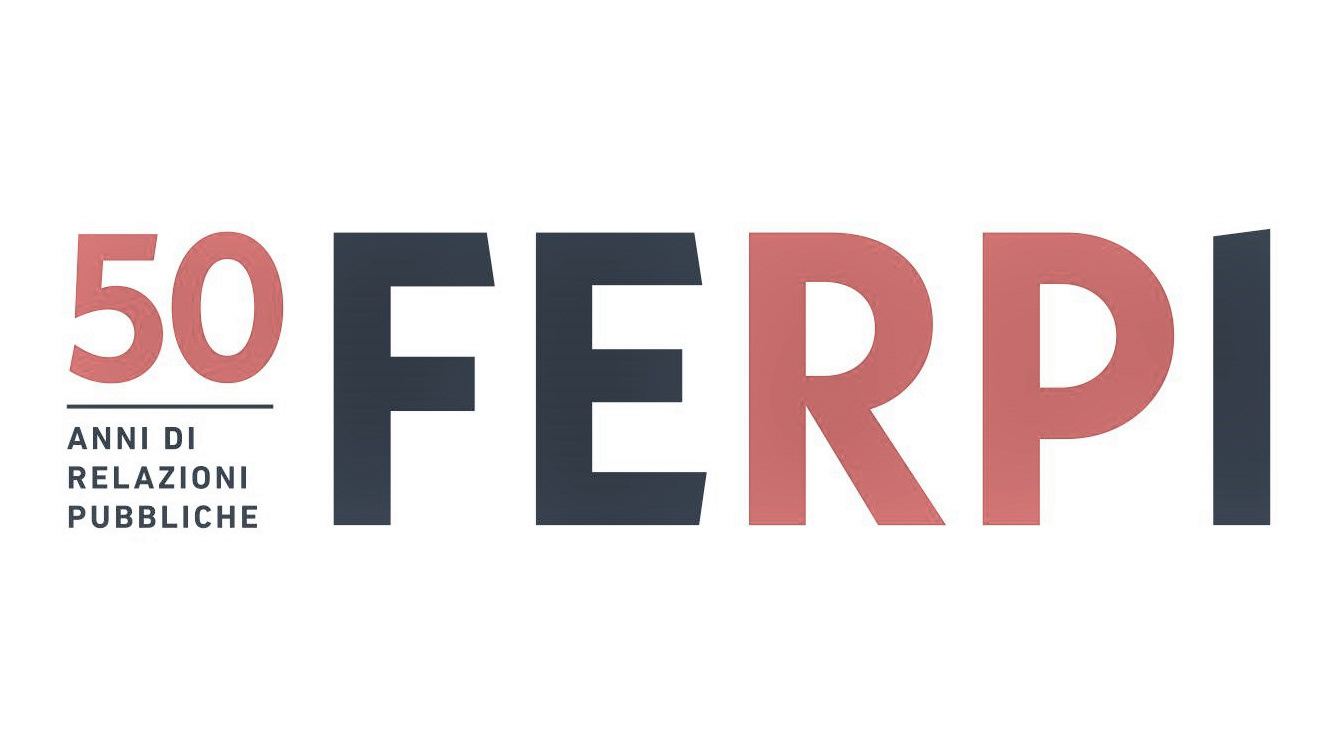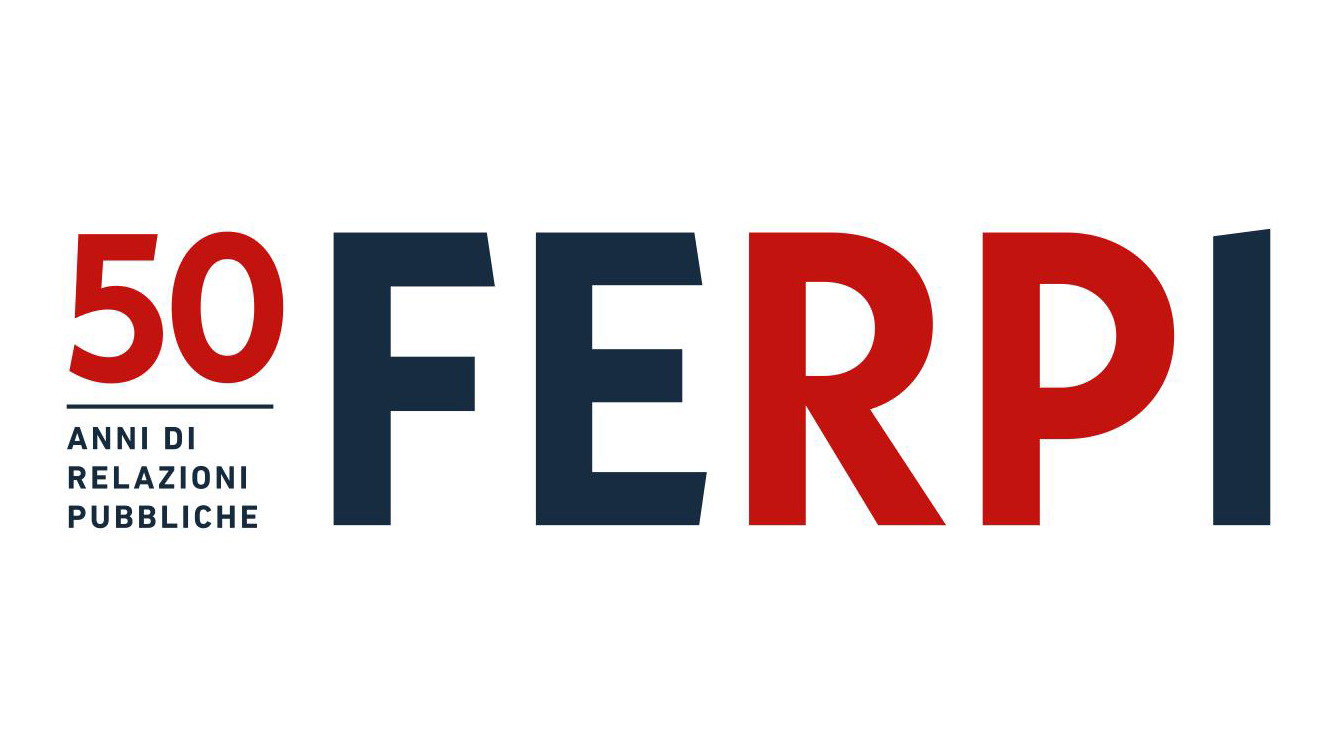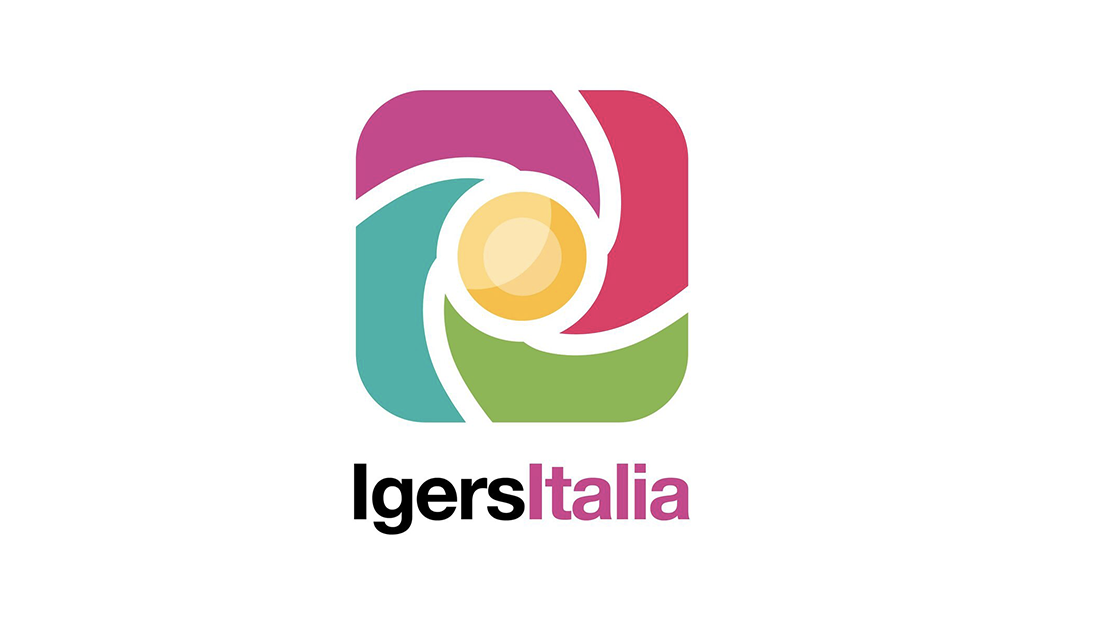Skills Acquired
- Knowledge of the principal phase in Crisis Management;
- risk Analysis: weak signals and warning signs early identification;
- analysis of risk levels;
- Analysis of the condition of the company related to the market performances;
- analysis of the engagement sentiment of internal / external stakeholders;
- reputation management during crisis management process;
- analysis of crisis communication tools and strategic drivers;
2020
Coronavirus, Crisis and Coherence.
The new C's of Communication in turbulent times.
An induction of crisis communication for companies and entrepreneurs – an interesting abstract to stimulate new challenges in small and medium businesses, whilst being a helpful discussion for large ones.
An italian version is shared at the moment, the english version will be available soon!
The Mission of the essay is to make economic actors aware that every single action has a precise value and place. Especially in turbulent times, nothing happens by chance, nothing means anything. Today as well as tomorrow, it is each company’s responsibility to play a key role and demonstrate their contribution to the betterment of the world. This principle is identified with the "Purpose" of the company - even if a single economic entity. In support of the "Purpose", the essay focuses on the principle of Coherence in communication within organizations.
You shall have not only a manual, but also a source of stimulation and motivation: an introduction to crisis communication as the basement for an accurate analysis, developed to prepare and evaluate the internal and external environment, to listen to your interlocutors and influencers, to led to a proactive approach through an aware and opened state of mind.
Luca Poma shared the essay
on his Blog "CreatoridiFuturo.it"
Luca Poma, advisor and professor in Reputation Management, atUniversità Lumsa University in Roma, San Marino University and IlSole24Ore Business School .
FURTHER CONTRIBUTIONS AND COLLABORATIONS 2020: TT&A Crisis Management for research on crisis management by the Italian government during the spread of the Covid-19 outbreak. Please note that it is not possible to share related research material.
2014
Bachelor Degree Final Thesis Project: "The F-Marine case: managing the Crisis Management in a small firm"
F-Marine Srl, based in Monte Argentario (GR) – Tuscany, was a yachting local company, whose business included private charters, renting and then selling of motor boats. The company had an international business, but it ceased its operations in 2012 because of the death of its CEO.
I dedicated my Degree Thesis to F-Marine Srl’s Case Study, where I worked for almost one year, and where I supported a marketing campaign aimed to launch a new service (full day boat trip packages), as well as to study further strategic solutions to extend the target audience. I faced the crisis of F-Marine personally: after the death of the CEO Ferruccio Fronzoni, I decided to focus The Degree project on Crisis Management for SMEs.
Crisis Communication for Small and Medium Business – the beginning.
The main goal: to explore and analyse the process of Crisis Management in preventing, planning and managing critical events by the organization. In particular, I focused on studying the role of Crisis Communication within this process. In order to make the project more concrete, I thought it could be more appropriate to apply the theoretical studies to a business case. The chosen small company can be considered representative of a situation generally experienced in the current economic situation of the Italian country.
Indeed, the company was facing an economic crisis due to unprofitable investments and poor cost management choices. The case study started by focusing on the analysis of the company's status, and then reflected on the possible weaknesses (weak signals and warning signs) of internal and external communication, as well as their impact on the company reputation - Reputational Risk Management.
Crisis Preparedness and Awareness in Small and Medium Businesses
Internal and external communication issues – i.e. from media relations, human resources management, logistics management - derived from the lack of preparation and lack of proactive attitude from the F-Marine’s Top Management. It is said that a crisis is not foreseeable, as there are no fixed patterns in a battle. One has to expect the unexpected (even the unpredictable), and must be ready: this means that it is necessary to keep the right mental predisposition to face possible upcoming crises. This allows anyone to strategically analyse the strengths and weaknesses of their company, to notice the opportunities and to oversee the threats. Unfortunately, this mindset often fails to be implemented in SMEs.
A Crisis Communication Plan: towards Reputation Management in Small and Medium Businesses.
This project also highlights mistakes that were made during the crisis prevention phase by a small organization. Moreover, not only does the case study represent a solving scheme, but also a starting point for entrepreneurs to go further and be aware of the risks that can arise in small and medium realities. This is a cue for them to better understand the real role of communication and more specifically of crisis communication, intended as a starting point to develop more proactive “risk – analysed” attitudes.
In addition, it is assumed that public relations – as one of the main tools of communication strategies - are like the adrenaline inside a body or the system that is the organization. They get the wheels in motion, as a defence reaction and re-adjustment to changes in the external environment. This also helps to maintain solid relationships, those that a company takes time to build. All in all, business size does not matter: Italy is made up of thousands of small organizations like F-Marine Srl, that are born and lost every day.
That said, even back in 2014, I had already considered it appropriate to focus on these reflections. Ferruccio Fronzoni’s business unfortunately did not survive, but this does not mean the other entrepreneurs will have to fail too. Indeed, my hope is for this project to be a starting point in each firm’s pursuit of a new communication approach.
Crisis as an opportunity
This Degree project most absolutely represents the determination I always invest in achieving my goals.
That said, being my father the main character of the case study, this project stands as a reminder of what my family went through right in the middle of my university journey. Despite seeing my dreams fading away, I still decided to go for it. I gathered my experiences and turned my education skills into my favor.
The crisis proved itself to be the starting point for reflections: later this has become the basement of my profession and new career goals. This was possible by appropriately managing strategic levers and tools, and by implementing proactive approaches.







